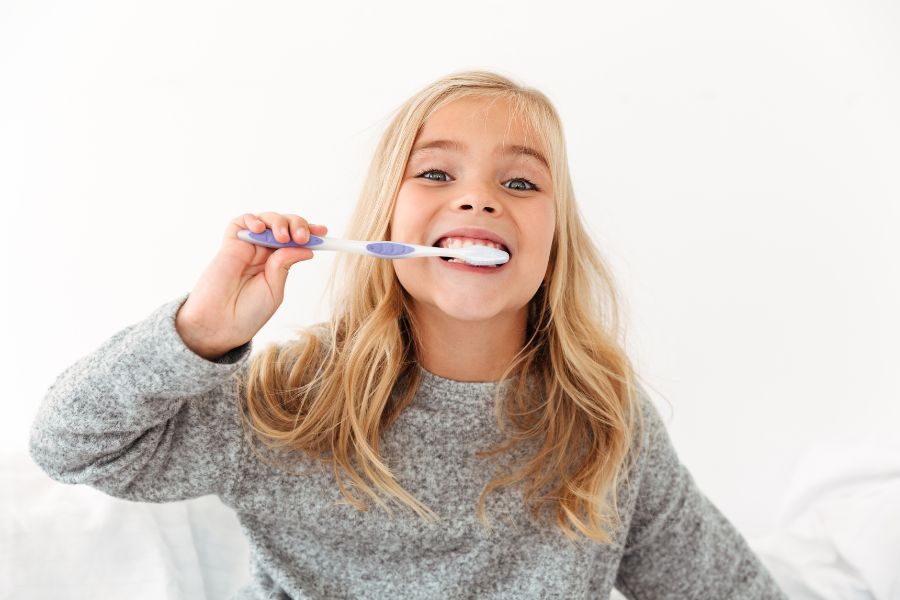Inculcating good oral hygiene habits in children from an early age is vital for their overall health. This comprehensive guide is designed to provide parents with practical and effective strategies to instill these habits in their children. From dealing with the first tooth in infants to managing orthodontic care in teenagers, this guide covers each stage of a child’s development. We delve into the importance of oral hygiene, provide age-specific advice, and offer tips on making dental care fun and engaging for children. Additionally, we emphasize the role of parents in modeling good oral hygiene practices, reinforcing that good habits start at home.
Oral hygiene is an essential aspect of a child’s overall health. Cavities, one of the most common childhood diseases, can lead to severe complications if not addressed early. Teaching children good oral hygiene habits sets the foundation for a lifetime of healthy teeth and gums.
Before Teething Begins
The Arrival of the First Tooth
Make Brushing Fun
Introduce Flossing
Encourage Independence with Supervision
Regular Dental Check-ups
Addressing Orthodontic Concerns
Discouraging Harmful Habits
Remember, children often imitate adult behavior. Regularly demonstrating your commitment to good oral hygiene can reinforce the importance of these habits in your child’s mind.
Teaching your kids good oral hygiene habits doesn’t have to be a daunting task. With patience, demonstration, and making the process fun, you can set your child on a path of maintaining a healthy smile for life. By transforming dental care into a fun and engaging routine, you can help your child embrace these practices willingly. Furthermore, by modeling good oral hygiene yourself, you reinforce its significance in daily life. Remember, every step taken towards instilling these habits, no matter how small, contributes to the overall health and well-being of your child. As a parent, you have the power to lay the foundation for a lifetime of bright and healthy smiles.

